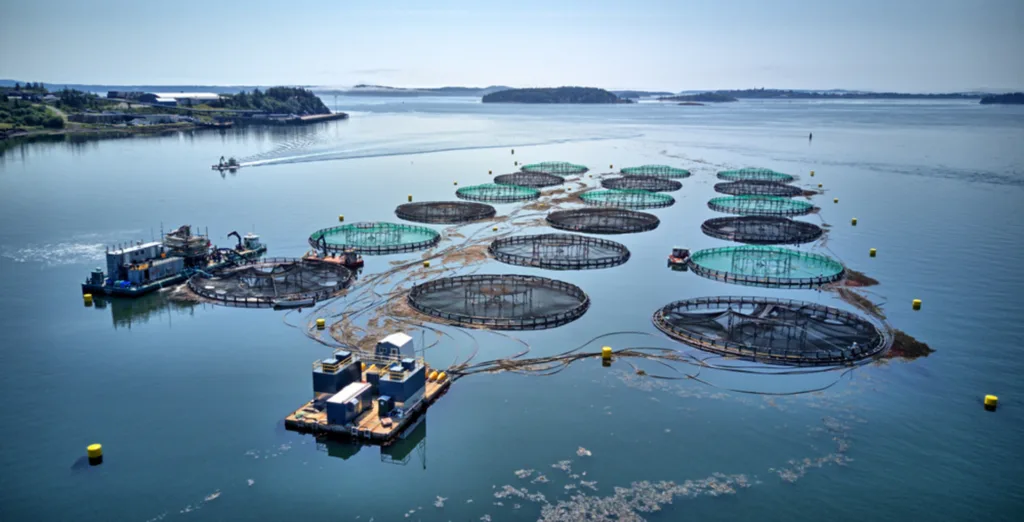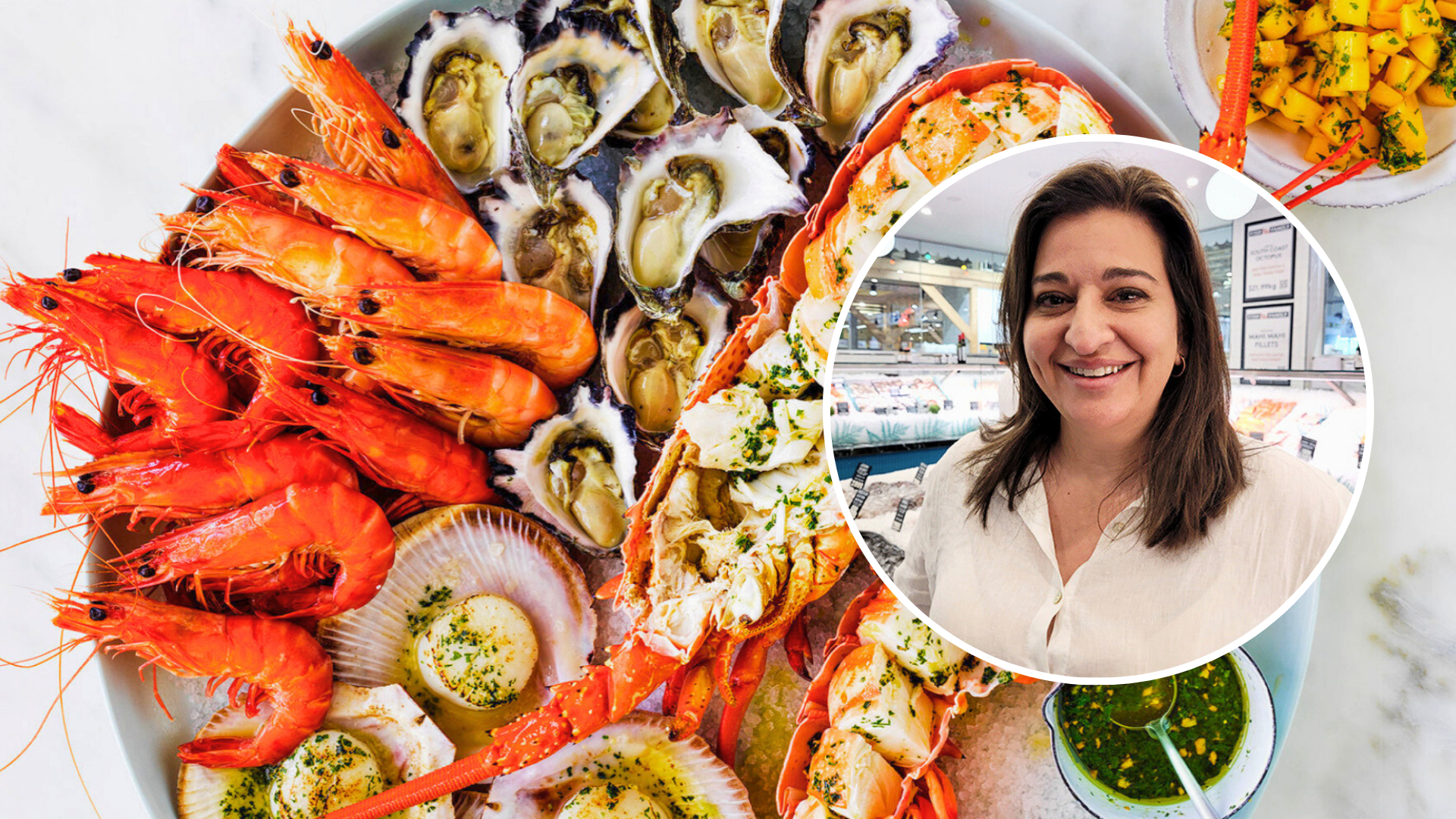As the Christmas seafood season approaches, the Australian Marine Conservation Society (AMCS) has issued its annual GoodFish sustainable seafood guide, advising consumers on the most eco-friendly choices.
Notably, farmed Tasmanian salmon has been added to the “naughty list” due to its environmental impact, including pollution and its role in threatening the endangered Maugean skate. Australian salmon, which is sustainably caught using low-impact netting, is recommended as a better alternative.
Wild prawns from New South Wales and Queensland have been linked to overfishing and bycatch concerns, though seafood industry experts maintain that significant efforts are being made to reduce bycatch.
Seafood Industry of Australia chief executive Veronica Papacosta has questioned the notion that wild-caught prawns have unacceptable levels of bycatch.

“There is always work going on to reduce interaction with other species, and it’s one of the best-performing issues in the country in terms of bycatch,” she told The Sydney Morning Herald.
“We stand very strongly by the fact that if you’re buying Australian, [you’re buying from] one of the highest regulated and best-performing fisheries management systems in the world… we do an excellent job here and we should be proud of that.”
In addition to salmon and prawns, farmed mussels and oysters are among the most sustainable seafood options. These shellfish are part of “restorative aquaculture,” which improves local ecosystems by filtering water and supporting marine biodiversity.
As the festive season draws near, consumers are encouraged to consider the environmental impact of their seafood choices, opting for options that promote sustainability and protect marine ecosystems.
Source: The Sydney Morning Herald.

